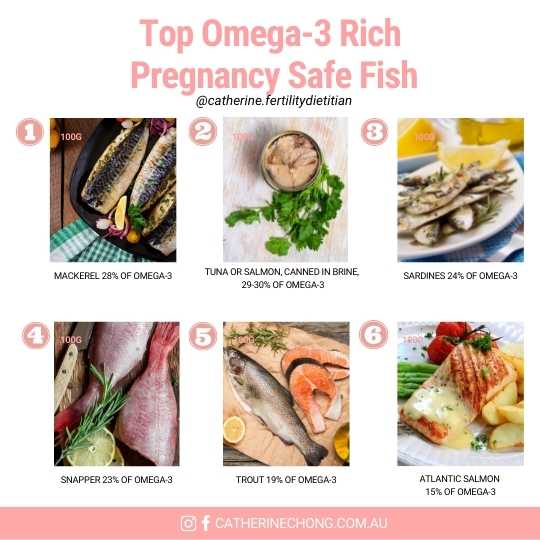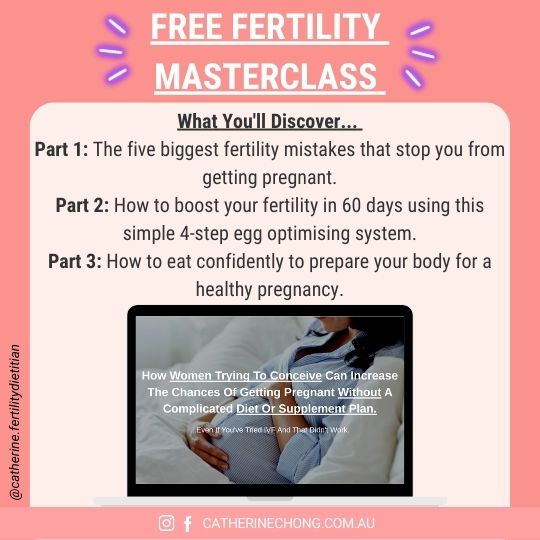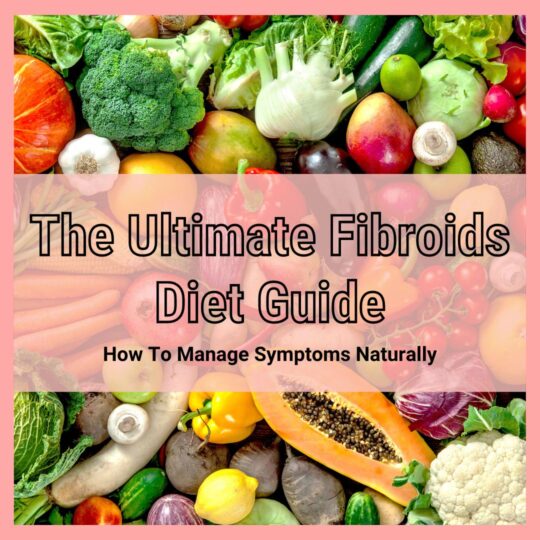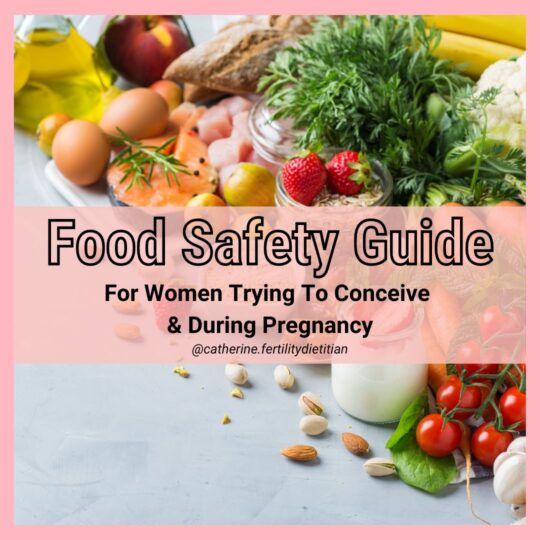Choosing the Best Prenatal Vitamin for Your Needs
Prenatal vitamins provide pregnant women and those trying to conceive with the necessary vitamins and minerals to support a healthy pregnancy. Understanding the significance of these supplements is vital as they help meet the increased nutrient requirements during pregnancy, including critical elements like folate, iodine, and iron.
Even before conception, incorporating prenatal vitamins and a well-balanced diet can benefit. With a multitude of options available, it can be overwhelming to choose the proper prenatal multivitamin supplements. In this blog, we’ll navigate you through selecting the best prenatal vitamin and what essential factors to consider.
Why Should You Take A Prenatal Vitamin?
1. Adequate Folate For A Healthy Pregnancy:
Folate (Vitamin B9) is an umbrella term that includes those naturally occurring in food and folic acid found in fortified foods and supplements. You need folate for your cells to divide and make DNA and other genetic materials. During pregnancy, folate requirements increase significantly to support the growing fetus. It’s one of the most critical fertility & pregnancy nutrients.
It’s recommended that you take a folic acid supplement daily containing at least 400 micrograms of folic acid in addition to the diet at least one month before conception, and continuing through the first trimester to minimise the risk of neural tube defects.
The neural tube forms before most women are even aware that they are pregnant, so it’s vital to increase folate intake before falling pregnant. A lack of folate in the body can cause the neural tube not to close properly when forming the brain and spine.
While newer prenatal vitamin formulations offer variations like folinic acid and levomefolic acid, also known as the ‘activated folate’, folic acid remains the proven choice for preventing neural tube defects.
Conditions like obesity, diabetes, malabsorption disorders, and MTHFR genetic variations may mean you cannot absorb folate effectively. In this case, you may require a higher folic acid supplementation or alternative folate forms.
Consulting with a fertility dietitian can be beneficial in assessing your individual needs and determining the appropriate dosage and form of folate supplementation for your specific circumstances.
2. Omega-3:

Omega-3 (EPA & DHA) fatty acids are well known for their potent anti-inflammatory properties. Research indicates that they can support egg development and embryo implantation and increase the chances of conception. Particularly, DHA, a type of omega-3 fatty acid, plays a crucial role in developing the baby’s brain, eyes, and nervous system.
Increasing your intake of omega-3 fatty acids while reducing unhealthy trans fats may positively affect female fertility. Omega-3 has also been found to support fetal development.
The richest sources of omega-3 fatty acids are oily fish, such as salmon, tuna, sardines, mackerel, and trout, providing over 2000mg per serving (150g). Less oily fish like John Dory, bass, and snapper also contain essential omega-3 per serving. Including 2-3 servings of low-mercury fish in your weekly diet is recommended.
If you follow a vegan or vegetarian diet or struggle to meet the recommended fish intake, check your prenatal vitamin for a minimum of 300mg of DHA per serving. You may need to consider a separate omega-3 supplement, as many supplements do not contain higher amounts of DHA.
The Australian government also recommends that pregnant women with low fish intake take a supplement with 800mg of DHA daily, which can help reduce the risk of preterm birth.
3. Choline:
Choline plays a crucial role in supporting prenatal development by supporting gene expression, cell membrane signaling, and DNA methylation.
The recommended average intake of choline is 425 mg, which increases to 440 mg per day during pregnancy according to Australian recommendations. Unfortunately, many prenatal supplements contain minimal amounts of choline. Make sure to check the formulation and choline content of your prenatal supplement.
Choline is also essential for the development of the baby’s neural tube and brain functions, making it important to ensure adequate intake even before becoming pregnant. A randomised controlled trial found that supplementing with 480 mg of choline per day during the third trimester of pregnancy was associated with improved cognitive functioning in offspring.
Eggs are the primary dietary source of choline, with one large hard-boiled egg containing 164 mg, meeting about 30-38% of your daily requirement. Remember to consume the egg yolk as the egg white does not contain choline. Other choline-rich foods include liver, soybeans, chicken breast, beef, potatoes, kidney beans, and quinoa.
A fertility dietitian can assess your diet quality and identify any nutrient gaps, helping to customise a prenatal supplement regimen that best suits your needs.
4. Other Nutrients:
In addition to folate, omega-3, and choline, there are other essential nutrients to consider when choosing a prenatal vitamin. These include:
- Iron: Iron is essential for producing red blood cells and preventing iron deficiency anemia during pregnancy. Look for a prenatal vitamin that contains an adequate amount of iron.
- Vitamin D: Vitamin D is crucial to bone health and immune function. It’s also necessary for the absorption of calcium. Ensure that your prenatal vitamin includes vitamin D to support overall health.
- Iodine: Iodine is vital for thyroid function and the baby’s brain and nervous system development. While certain prenatal vitamins may include iodine, the amount can vary. Women are recommended to take a daily supplement containing 150 micrograms of iodine when planning for pregnancy, during pregnancy, and while breastfeeding. However, women with thyroid conditions should consult their doctor before taking any iodine supplement to ensure it is safe and appropriate for their needs.
Bottom Line
Choosing the best prenatal vitamin can be overwhelming, considering the various brands and formulations available. That’s where a fertility dietitian can be your guiding light.
Collaborating with a fertility dietitian will provide personalised recommendations based on your unique fertility journey and pregnancy stages. Together, you can confidently select the best prenatal supplement regimen tailored to your nutritional requirements.
Need More Help?
Don’t navigate this journey alone. Schedule a personalised nutrition consultation today. Let’s clear the confusion together and boost your fertility naturally.
You May Also Be Interested In
Disclaimer: Content on this website is provided for information purposes only and should not be replaced with medical advice. We recommend you discuss with your healthcare providers (doctor, dietitian, pharmacist, etc.) any medical questions for diagnosis and treatment, dietary plan, or use of any medications and nutritional supplements before you make any changes. DietitianChong Pty Ltd shall not bear any liability for reliance by any user on the materials contained on this website.



